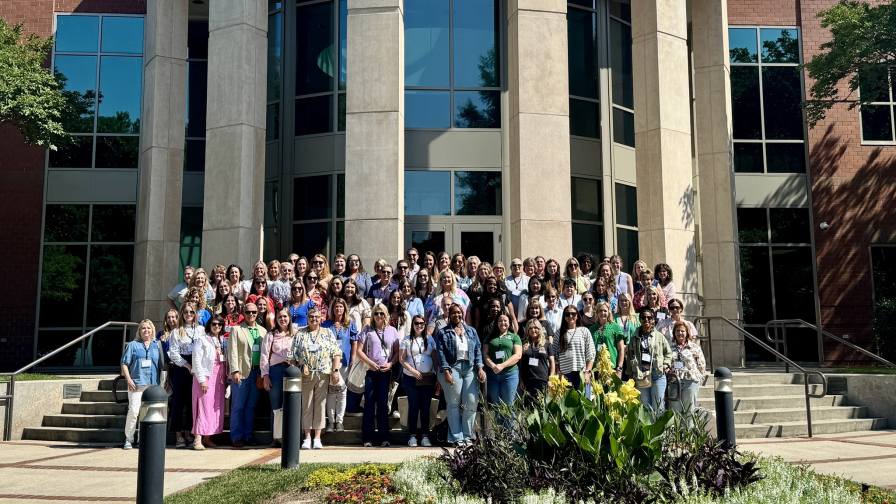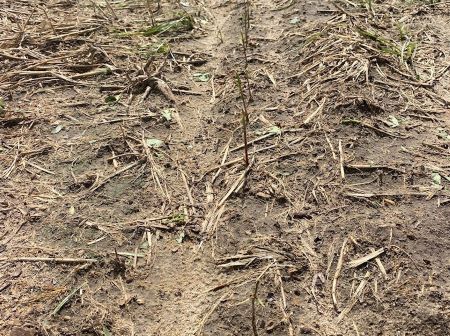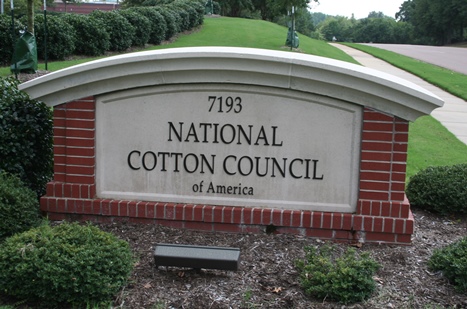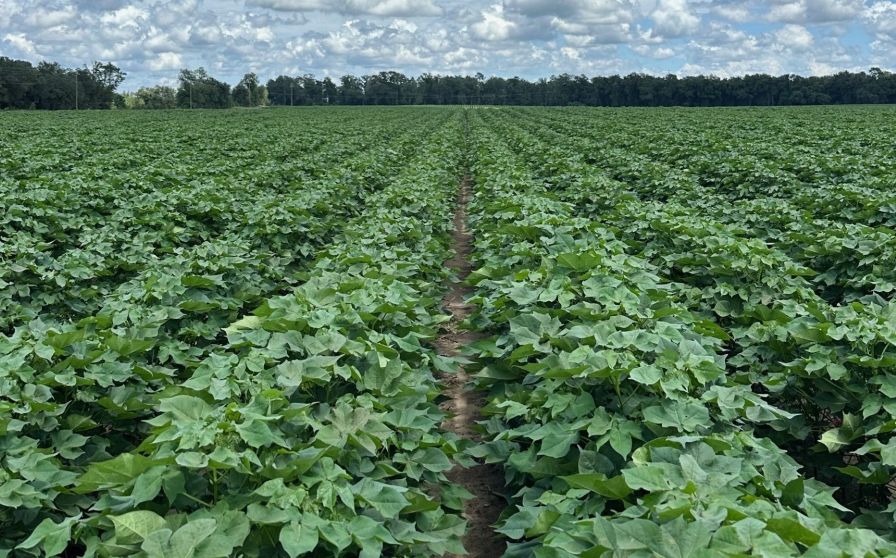GOODBYE 2020: Overcoming COVID-19’s Challenge
 Dr. Gary Adams
Dr. Gary Adams
During the COVID-19 pandemic, the National Cotton Council (NCC) continued to convey the U.S. cotton industry’s concerns to Congress and key government officials regarding critical economic, legislative, trade and regulatory matters. We worked with Congress and the Administration to advocate for the economic relief desperately needed by industry members. Among the many efforts was a letter to Agriculture Secretary Sonny Perdue and Congress’ agriculture leadership specifying the extensive needs – from producers to textile manufacturers.
Multiple relief packages resulted, including the Coronavirus Aid, Relief, and Economic Security Act and two phases of the Coronavirus Food Assistance Program (CFAP).
The NCC worked with the Administration, Congress and other groups to ensure that COVID-related programs such as the Paycheck Protection Program (PPP) and the Economic Injury Disaster Loan (EIDL) program were available to be utilized by agriculture. Among other legislative efforts spawned by the pandemic and supported by the NCC was the SAFE TO WORK Act – legislation that would provide important liability protections for businesses and other entities as it related to potential COVID-related lawsuits and legal action.
The NCC sought updated disaster relief by working closely with Congress and the Administration which enacted and updated WHIP+. That package included funding for producers structured similar to the 2017 WHIP program for hurricane, flooding (prevented planting coverage), drought, excess moisture and wildfire relief for 2018 and 2019 losses.
In the trade arena, when President Trump announced the Phase One trade deal with China early in 2020, the NCC conveyed the concern that cotton producers continued to face a challenging economic climate and urged the President and USDA to quickly follow through with the third tranche of Market Facilitation Payments. The NCC also was pleased with President Trump’s signing of the U.S.-Mexico-Canada Agreement, boosting trade certainty for U.S. cotton and cotton textile products in the North American market.
NCC communications with key Congressional Members also resulted in favorable funding in the FY21 agriculture appropriations bills. That included more funds for the Boll Weevil Eradication Program, as well as solid funding for USDA’s Agriculture Research Service (ARS), including three cotton ginning laboratories and for the Cotton Leaf Roll Dwarf Virus and other ARS cotton research projects. Funding also was continued for the important Market Access Program and Foreign Market Development Program utilized by Cotton Council International for export market development and promotion.
On the regulatory front, the NCC monitored court cases, agency rulemaking and other activity on multiple issues that would affect cotton production, processing and flow. Among the results were EPA’s maintaining use of dicamba stocks for 2020 and granting a new five-year label for that important herbicide. Another significant outcome was the approval of the Navigable Waters Protection Rule. That new WOTUS statute gives producers clarity and regulatory certainty without expanding federal jurisdiction to the point where producers cannot realistically farm without violating some portion of the Clean Water Act.
Another challenge the NCC supported was the launch of the U.S. Cotton Trust Protocol. The NCC coordinated a series of live webinar sessions for producers/other industry members that focused on the need for producer participation in this voluntary, farm-level program designed to expand major brands’/retailers’ acknowledgement that U.S. cotton is responsibly produced. Additionally, the NCC worked with Cotton Council International to enroll brands, retailers and mills into the program.










